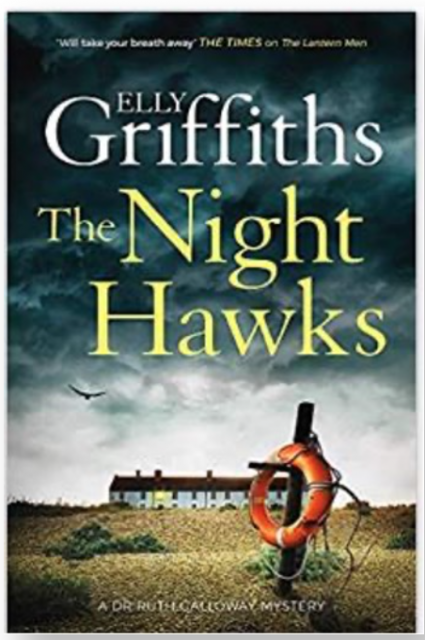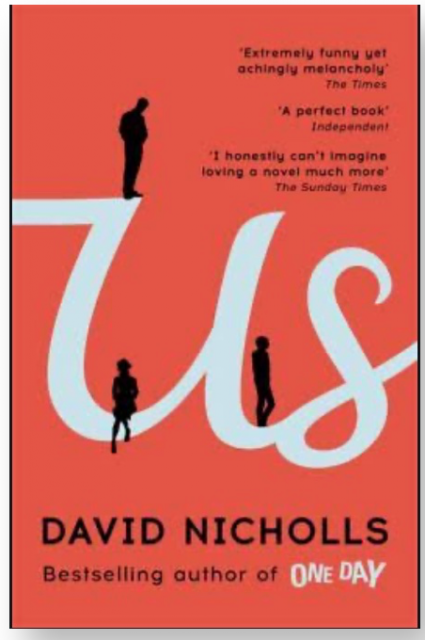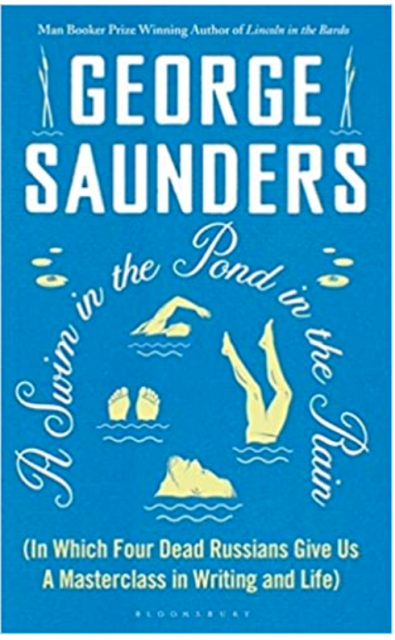April 2021
Member’s Musings
From Tracey
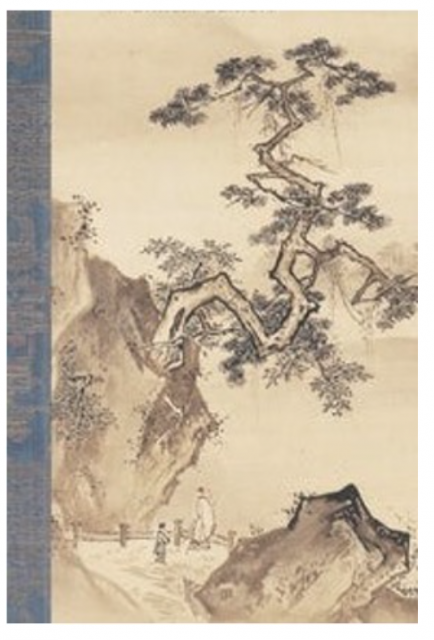
This is a poem that I discovered when at university. It is tiny, but perfectly formed!
The Jewel Stairs’ Grievance
(by LI BAI, TRANSLATED BY EZRA POUND)
The jewelled steps are already quite white with dew,
It is so late that the dew soaks my gauze stockings,
And I let down the crystal curtain
And watch the moon through the clear autumn.
Member’s Musings | April Meeting | Book Review | Writing Events | Short Form
April Meeting
AGM
1. Reports from Treasurer (from Clive) and Secretary (From Acting Sec Bryan)
2. Election of Committee:
Chairperson,
Secretary
Treasurer (Clive, current treasurer is standing)
Competitions Secretary (Lesley, our current Comp Sec is standing)
Duties of Post holders
A. Chairman/Chairperson:
1. Represent HWC generally
2. Host monthly meetings (at present using Zoom, normally at Jasmine Court).
a. ensure its smooth(ish) running
b. ensure effective timing – especially start and finish times
c. collate agenda, if any, (in liaison with secretary)
B. Secretary:
1. Keep note of any decisions at monthly meetings
2. Maintain up-to-date address list
3. Correspondence on behalf of HWC
4. Provide information about HWC to new members (if required)
5. Devise monthly newsletter?
6. Give annual report at AGM
C.. Competitions Secretary:
Organise Poetry and Short Story Writing Competitions
a. Liaise with judge (Goeff Evans) for Poetry Competition
b. Collate ‘booklet’ of poems
c. Collate Stories for Eric C Williams Short Story Comp
d. Organise voting for the above
e. Oversee the Christmas Phill’s Phunny Cup Christmas Comp
D. Treasurer:
a. Collect subs.
b. Make payments on behalf of HWC.
c. Keep monthly accounts.
d. Provide Treasurer’s Report at AGM.
A couple of other thoughts:
This year Sarah has taken on an ‘outreach’ role – linking us with competitions, talks etc.
Newsletter Editor (Lesley has volunteered to take over this responsibility)
Member’s Musings | April Meeting | Book Review | Writing Events | Short Form
BOOK REVIEWS
From Sandra
The Night Hawks by Elly Griffiths
It hooks you from the prologue and the first chapter – fast-paced and easy to read, I found The Night Hawks a great introduction to the crime-writer’s well-known Dr Ruth Galloway mysteries. Although the thirteenth book in the series it was easy to pick up the back storyline, and a useful glossary at the back of the book, gives interesting details of the main characters (of which there are many!). Numerous sub-plots are expertly weaved that make it intriguing and keep you guessing. And whilst I did have some idea of ‘whodunnit’ there was a twist at the end which tied up all the loose ends – but gave you sufficient to think about that you want to read her next book! Would recommend!
From Tracey
Us by David Nicholls
I mentioned this book in our last zoom meeting, as it had exhibited very clearly to me the ‘show, don’t tell’ method of revealing a character to us.
I read this book quite by accident – a friend had given it to me, believing that she’d borrowed it from me. In fact she hadn’t, but having seen the TV series (starring Tom Hollander and Saskia Reeves) I decided to read it. I was so glad that I did!
The book is narrated by a father, who is organising a European grand tour for his wife and teenage son. Their only son is due to go to university after the summer, and just before they leave, his wife tells him that she is thinking of leaving the marriage. They decide that the tour will go ahead, and the father’s hope is that by travelling together, he and his son will forge the bond that he feels is missing, and that his wife will change her mind.
I don’t think I have ever read a book quite like this – the father’s narration paints his own picture in such clarity, and draws a set of relationships which are never perfect, but are believable and often painful. It uses flashbacks to show the build up of these relationships, even as they are unravelling.
It is an easy and compelling read, with humour and poignancy. There was a scene towards the end which was so well written that I burst out laughing in the midst of tears. I hope that my friend never discovers who really loaned her this book, because I have no plans to give it up!
From Bryan
A Swim In the Pond in the Rain by George Saunders
Bloomsbury
Hardback : £12.43
Kindle: £7.95
Never a teacher always a pupil be
I used to be a teacher but, to tell the truth, I’ve always preferred to be taught. It’s so much more fun. I love to splash about in that warm, yet refreshing and rejuvenating pool of a good teacher’s ideas and be set on fire by their confident, smiling enthusiasm (OK, yes, I know, a mixed metaphor – but then perhaps my metaphorical pool is not watery but flammable). I love the way a good teacher makes you think you are clever, but could be cleverer. No, it’s more than that, you will be cleverer because the stuff their teaching you is really important. With such teachers you discover things. You think to yourself, ‘Yes, yes, I knew all that really. Well, I had the same idea, sort of, but now you’ve given it … wings,’ or even, ‘Gosh, that’s what I might have said if I’d actually given it some thought, but you’ve made me want to give it some real thought now and, yes, when I’ve done all that thinking I may still agree with you, but then again …’
And in the case of the book I’m reviewing here, I can say, ‘Wow, George, thank you, it’s not that my approaches to writing short stories have been wrong, but you’ve made what I do more sharp and more purposeful and, most importantly, you’ve made me recognise how valuable it is for me to try to write. Of course, I haven’t agreed with everything you’ve made me think about, but you’ve made me think. George, you’ve inspired me.’
George, the teacher I’m referring to here, is George Saunders, the Man Booker Prize Winner (‘Lincoln in the Bardo’) and he’s a massively successful short story writer to boot. This book, ’A Swim in the Pond in the Rain’, takes you into his classroom, a room full of bright young energetic wannabe writers at Syracuse University (where he teaches creative writing), and it manages (successfully for me) to immerse you in the process of the creation of short stories. His homely, friendly and ‘I’m-really-just-one-of-you-lot’ style got on my nerves a bit at times, but, gosh, his approach and ideas didn’t half make me think and question and engage with the writing process – probably more than anyone’s book has done before.
It works by taking you through his lesson notes on Russian Short Stories. You sort of become one of his students. He uses seven stories (three from Chekov, two from Tolstoy, and one from each of Gogol and Turgenev) and they’re all printed within his book. Each of the stories is analysed in different ways. He starts with (for me) a really excellent ‘how to read’ approach to ‘In the Cart’ by Anton Chekov. Taking a page or two at a time, he stops and then challenges us to consider what the writer has done to engage us: to keep us interested, to make us need to read on, to set up our expectations, to entertain us, to pull out of us our values (about life, people or writing) and perhaps most important of all, what is done that forges that special bond between the writer and the reader.
Everything in a good (or great) short story must have purpose, must keep us wanting/needing to read on, Saunders tells us. He challenges us to consider what keeps us on our metaphorical toes when we read, what stimulates us and make us want to keep going.
Saunders doesn’t use this stop – discuss – start – discuss – technique after that first Chekov story, however. That would become tiresome. But he shifts emphasis with the next half dozen stories from how we read to what’s there in the way of structure (you know the sort of thing – exposition, rising action, climax, falling action), pace, detail, characterisation, moral purpose. The stories, he claims, demonstrate it all. The subtitle of the book is ‘In which four Russians give us a masterclass in writing, reading and life.’
The things that he doesn’t do are also important for me. He doesn’t slip into ‘high-brow’ literary-criticism language (although his chatty aphorisms and down-with-the-kids vocabulary gets on my nerves at times). He doesn’t get involved in authors’ intentions (it’s what’s on the page that matters whatever the intentions were). He doesn’t tell you what profound emotions you must feel (what some call ‘the affective fallacy’) he leaves you you feel what you feel. But all the time he obliges you (and his other students) to respond to what’s there. What he does do is suggest the craft behind the writing. He even gives us two exercises to try at the end – one obliges you to reduce by half a piece you’ve written – then, after that, by more (to make you aware, among other things, of what you really value in your piece of writing) and the other exercise – a really interesting idea this one – is to look at the problem faced by a translator.
The book is entertaining, educational and, perhaps most importantly, it so justifies the humanising effect of writing, the importance, if you like, of reading and writing as a means of engaging with the world. And is the book useful as a way to improve your own writing? Of course it is. And don’t worry – he doesn’t say that you’ve got to do this or that in this or that way. He makes you really reflect on what you do and why you do it. There’s no do-this, do-that, check-list. Rather he suggests that writers develop an ‘instinct’ – through their own effective reading and then they do it – without necessarily being conscious of the what or the why of doing things. They develop their craft so they just feel it’s right. And surely that’s the place we all want to get to – where we feel it’s right without needing to analyse. At the same time good writers demand honesty of themselves – they try to get to the truth of their experience. Writing is that important. In putting this across, they sense what’s interesting, entertaining, involving and worth saying, and they don’t say more than they have to.
OR – as this quote from George Saunders puts it:
A story is a series of incremental pulses, each of which does something to us. Each puts us in a new place, relative to where we just were. Criticism is not some inscrutable, mysterious process. It’s just a matter of: (1) noticing ourselves responding to a work of art (where we were before we read it and where we were after) and (2) getting better at articulating that response. What I stress to my students is how empowering this process is. The world is full of people with agendas, trying to persuade us to act on their behalf (spend on their behalf, fight and die on their behalf, oppress others on their behalf). But inside us is what Hemingway called a “built-in, shockproof, shit detector.” How do we know something is shit? We watch the way the deep, honest part of our mind reacts to it. And that part of the mind is the one reading and writing refine into sharpness.
So, if like me, you want to be enthused, excited, and inspired to write by a writer who helps you make sense of what you’re attempting to do andyour reasons for doing it, then this could be the book for you.
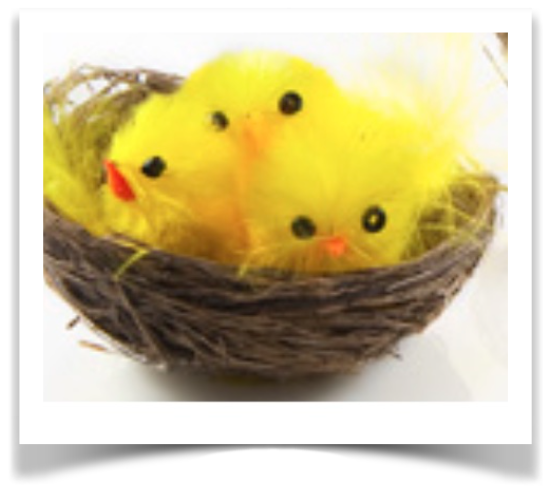
Member’s Musings | April Meeting | Book Review | Writing Events | Short Form
WRITER EVENTS
Elly Griffiths Zoom Meet the Author Evening
From Sandra Gordon:
Steyning bookshop did a great job organising the Zoom open evening with Elly Griffiths, one of their best-known local crime-writers, who was interviewed by William Shaw – another well-known author.
With 57 Zoom participants from as far afield as Cape Cod, Georgia and the Netherlands there were some interesting comments – some relating to the plots of her story which, to be honest, as her latest book is the only one I’ve read, some of the questions from past story plots were lost on me!
Elly – real name Domenica de Rosa is an extremely talented but hard-working author writing a minimum of 1,000 words every day and as soon as she’s completed a book, she’s off writing the next one – no break just straight into the next story. She does strike you as someone with lots of ideas, and she was brimming with energy and enthusiasm! Her latest book The Night Hawks (see separate review), is an intriguing crime story which I would thoroughly recommend!
A really enjoyable evening and if, and when, they organise any others, I’ll let you know through HWC and the forum.
From Angie Bennett:
I was also lucky enough to be part of the Zoom meeting hosted by Steyning bookshop. I have been a fan of Elly Griffith’s for a while and have just finished The Lantern Men, the 12th in her series featuring Dr Ruth Galloway, a forensic anthropologist. The series can be read as standalone crime stories, but part of the enjoyment is seeing how Elly develops the relationships between her main characters. Her use of setting is a masterclass in how to add atmosphere and drama to the narrative. She recently received the Edgar Allen Poe Award for best novel for Stranger Diaries, which is set in Sussex. I am looking forward to reading Sandra’s review of Night Hawks before treating myself to a copy.
From Maggie
City Lit Course
I recently signed up to a City Lit course in Local History Writing which was held on two mornings of one weekend. The cost was £69 for the two sessions of two and a half hours which actually was more like three hours each. Most of the attendees, perhaps not surprisingly, were older women from London and the South East, with two from the Midlands and one man. There were about 14 of us with one tutor who was a journalist from Chichester who had written one book on the history of Littlehampton.
There were exercises and tips, writing, reading and feedback. It felt a lot to cram into the time available, hence the overruns on the two days. I found my fellow students really interesting, one was looking at suffragists who had lived in her part of London, another was researching the silk mills of Derby. It was difficult however to make connections until one short breakout session with one other student. Here I discovered that my fellow student had written ‘Secret Loughborough’, quite a coincidence as I wrote ‘Secret Horsham’, but she was continuing to write for Amberley Publishing. She certainly had more books to her name than the tutor, but then a lot of us had.
I came away with a few pointers which will be useful, but my main takeaway will be a corrupted Microsoft Word. The technology did seem difficult. City Lit uses Google Class Room which I had not come across before and was quite tricky to access. However, once I had got into it I could not open the handouts on my Mac as they were on an updated Microsoft Word. Unfortunately I tried too hard to open them and my version of word got corrupted, hence when I came to save my own documents I got a message saying I didn’t have permission so at the moment I cannot save or print documents, not great for a writer.
I think in future I will stick to Arvon, Reedsy and Writers Online, all good quality and easy to manage online courses.
Member’s Musings | April Meeting | Book Review | Writing Events | Short Form
SHORT FORM GROUP NOTES
For Meeting on Thursday 15th April.
Our three writing task suggestions were:
A Moment I’d like to return to
A day Out
Future Perfect
OR: Anything you’ve written and would like to discuss.
N.B. If you can put it on our forum (horshamwriters.freeforums.net) we can have a look before the meeting and be ready with comments. I can also post it up on screen, if wanted.
Member’s Musings | April Meeting | Book Review | Writing Events | Short Form
